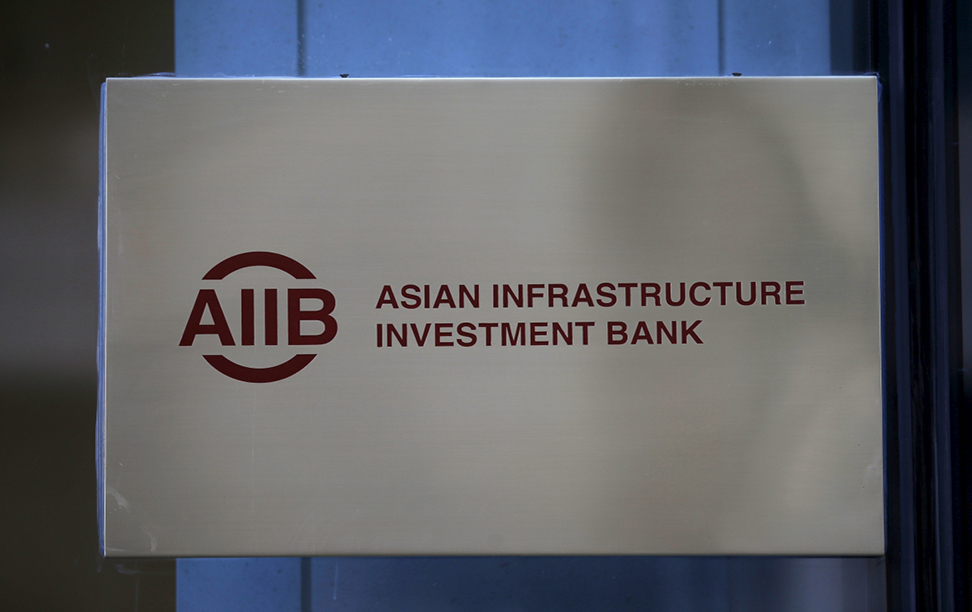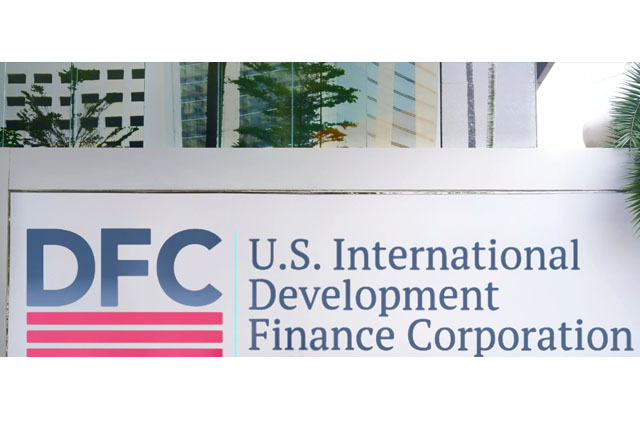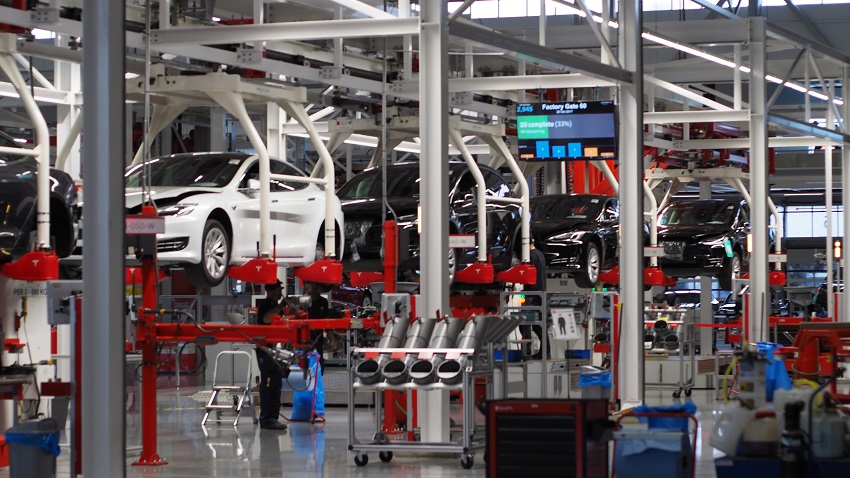Australia's central bank kept interest rates at a record low Tuesday for a 20th consecutive meeting as it waits for signs of wage and price inflation as well as a drop in unemployment.
The widely expected decision was made ahead of growth data Wednesday, with economists tipping the economy to have expanded a solid 0.9 percent in January-March, and at an annual rate of 2.8 percent.
This would keep it on track to meet the RBA's target of three percent this year, helping reduce spare capacity in the economy.
The central bank said this would lead to a further decline in the unemployment rate, which has been hovering around 5.5 percent for some time.
In turn, it would spark a slow pick-up in currently tepid wages growth and inflation, which is forecast to move above two percent this year.
“Further progress in reducing unemployment and having inflation return to target is expected, although this progress is likely to be gradual,” Reserve Bank of Australia governor Philip Lowe said.
“Business conditions are positive and non-mining business investment is increasing. Higher levels of public infrastructure investment are also supporting the economy. Stronger growth in exports is expected.”
Lowe highlighted slow growth in household income and high debt levels as a “continuing source of uncertainty”, but noted that rampant housing markets in Sydney and Melbourne had slowed.
“Taking account of the available information, the board judged that holding the stance of monetary policy unchanged at this meeting would be consistent with sustainable growth in the economy and achieving the inflation target over time,” he said.
The Reserve Bank of Australia has not adjusted rates since August 2016, following a series of cuts from November 2011 that took it to 1.50 percent, in a bid to boost non-mining sectors of the economy.
The OECD warned last week a rate rise could come towards the end of the year as wages and inflation growth start to pick up.
However, Australian economists think a move is more likely next year or even 2020.
“The data flow has been insufficient to move the needle for the RBA and a rate hike by year end is difficult to deliver,” TD Securities chief strategist Annette Beacher said.
APP







